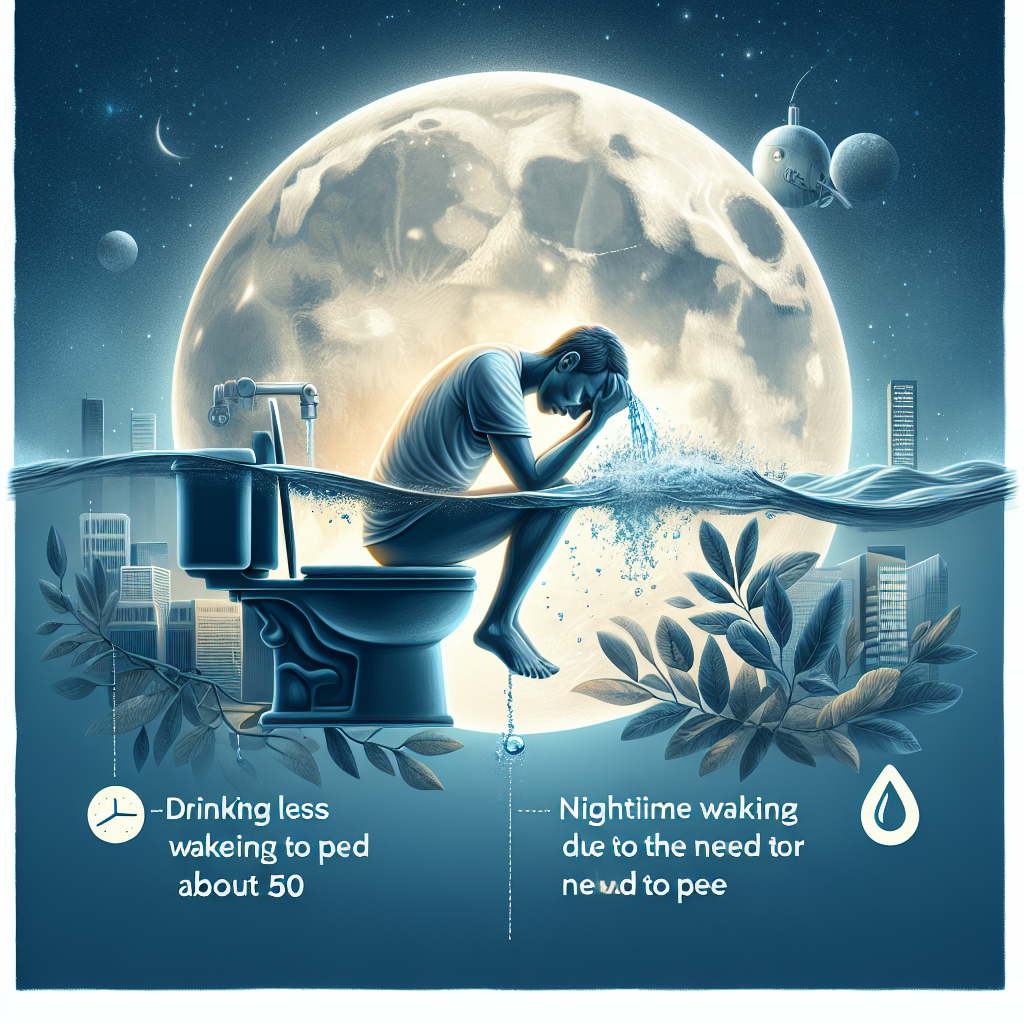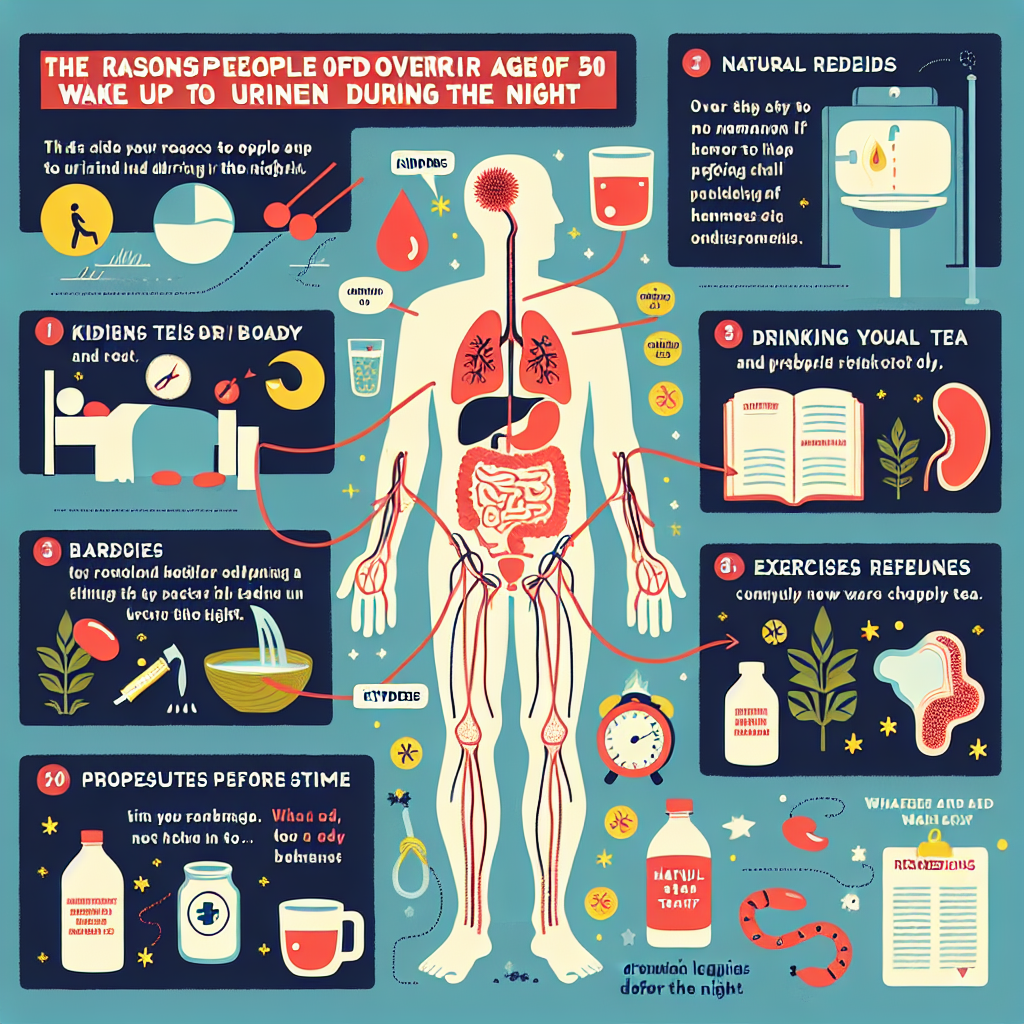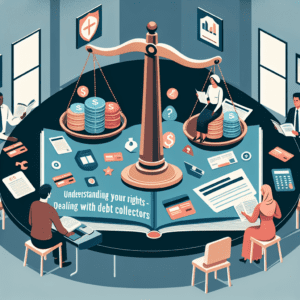
Understanding Nocturia: A Common Issue After 50
Waking up in the middle of the night to urinate—known medically as nocturia—is a common issue that affects millions of people over the age of 50. While it may seem like a minor inconvenience, frequent nighttime urination can significantly disrupt sleep, leading to fatigue, irritability, and even long-term health issues. Studies show that nearly two-thirds of adults over 50 experience nocturia at least once per night, and for many, it happens multiple times.
So, why does this happen more frequently as we age? The answer lies in a combination of physiological changes, lifestyle factors, and sometimes underlying health conditions. Watch this video by a Californian urologist to learn more about the root causes and natural solutions.
What Causes Nighttime Urination After 50?
Several factors contribute to increased nighttime urination in older adults. Understanding these can help you take steps to reduce or eliminate the problem naturally.
- Reduced Bladder Capacity: As we age, the bladder’s ability to hold urine decreases, leading to more frequent trips to the bathroom.
- Hormonal Changes: The body produces less antidiuretic hormone (ADH) at night, which means more urine is produced during sleep hours.
- Enlarged Prostate (in men): Benign prostatic hyperplasia (BPH) can press against the urethra, making it harder to fully empty the bladder.
- Menopause (in women): Hormonal shifts can affect bladder control and increase the urge to urinate.
- Medications: Diuretics and other medications may increase urine production or affect bladder function.
In many cases, these issues can be managed or even reversed with natural strategies. Watch this video by a Californian urologist to discover how simple changes can make a big difference.
Natural Ways to Reduce Nighttime Urination
Before turning to medications or invasive procedures, consider these natural approaches to managing nocturia:
1. Adjust Fluid Intake
Limit fluid consumption 2-4 hours before bedtime, especially beverages that contain caffeine or alcohol, which are diuretics. However, don’t reduce your overall daily water intake—just time it wisely.
2. Elevate Your Legs
If you experience swelling in your legs during the day, fluid may be reabsorbed into your bloodstream when you lie down, increasing nighttime urine production. Elevating your legs for 30 minutes before bed can help reduce this effect.
For more practical tips like this, watch this video by a Californian urologist who explains how to naturally support bladder health.
3. Strengthen Pelvic Floor Muscles
Pelvic floor exercises, also known as Kegels, can improve bladder control in both men and women. These exercises help strengthen the muscles that support the bladder and urethra.
4. Manage Underlying Health Conditions
Conditions like diabetes, sleep apnea, and heart disease can contribute to nocturia. Managing these conditions through diet, exercise, and medical guidance can reduce nighttime urination.
5. Use Natural Supplements
Some herbal supplements, such as pumpkin seed extract, saw palmetto, and beta-sitosterol, have been shown to support prostate and bladder health. Always consult your healthcare provider before starting any new supplement regimen.
To learn which natural ingredients are most effective, watch this video by a Californian urologist who breaks down the science behind these remedies.
Real-Life Success Stories
Many individuals over 50 have successfully reduced or eliminated nighttime urination through natural methods. For example, a 62-year-old man from Arizona reported going from waking up three times a night to sleeping through the night after incorporating pelvic floor exercises and adjusting his fluid intake. Similarly, a 58-year-old woman found relief by managing her blood sugar levels and using a natural supplement recommended by her naturopath.
These stories are not unique. Thousands have found relief by following expert advice. Watch this video by a Californian urologist to hear more success stories and learn how you can take control of your bladder health.
Conclusion: Take Back Your Nights Naturally
Nocturia doesn’t have to be an inevitable part of aging. By understanding the root causes and implementing natural strategies, you can significantly reduce or even eliminate nighttime urination. From adjusting your fluid intake and elevating your legs to strengthening your pelvic floor and using targeted supplements, there are many ways to support your bladder health without relying on medications.
Don’t let frequent bathroom trips rob you of restful sleep. Watch this video by a Californian urologist now to discover the natural solution that’s helping thousands sleep through the night again.















